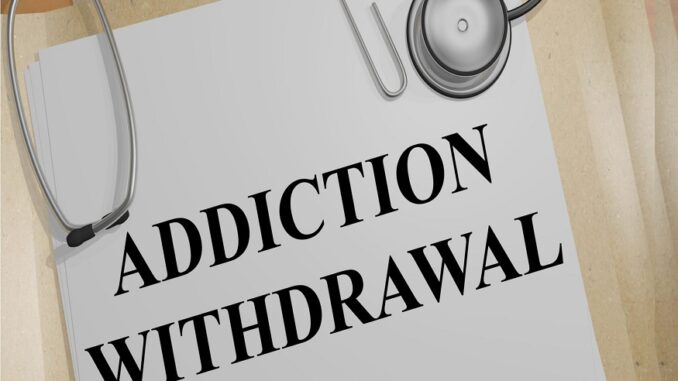
Withdrawal symptoms can be a significant barrier to recovery from addiction. If left untreated, they can lead to relapse and prevent individuals from achieving long-term sobriety. Withdrawal symptoms can be a challenging obstacle to overcome during addiction recovery. The process of detoxifying your body from addictive substances can trigger physical and emotional responses that can be difficult to cope with. However, it’s important to remember that withdrawal is a natural and necessary step towards achieving sobriety. Here are some tips for coping with withdrawal symptoms during addiction recovery:
Seek professional help:
Withdrawal can be a serious and sometimes dangerous process. It’s important to seek professional help from a healthcare provider or addiction specialist who can monitor your symptoms and provide support and guidance throughout the process.
Stay hydrated:
Drinking plenty of water can help flush toxins out of your body and reduce the severity of withdrawal symptoms.
Get plenty of rest:
Withdrawal can cause fatigue and exhaustion. Getting plenty of rest can help your body recover and reduce the severity of your symptoms.
Practice self-care:
Taking care of yourself during withdrawal is important. This can include engaging in activities that promote relaxation and reduce stress, such as meditation, yoga, or spending time in nature.
Join a support group:
Connecting with others who are going through the same process can be helpful. Support groups can provide a safe and supportive environment to share your experiences and learn from others.
Withdrawal can be a difficult and uncomfortable process, but it’s important to remember that it’s a necessary step towards achieving sobriety. By seeking professional help, taking care of yourself, and staying focused on your goals, you can successfully overcome withdrawal symptoms and begin to live a healthier and happier life. A healthcare provider or addiction specialist can provide support and guidance to help you cope with these symptoms and prevent relapse. In addition, practising self-care and engaging in activities that promote mental and emotional well-being, such as exercise and therapy, can be helpful. Remember that recovery is a journey, and with the right support and tools, you can successfully overcome the challenges of withdrawal and achieve a healthier and happier life.

Leave a Reply
You must be logged in to post a comment.